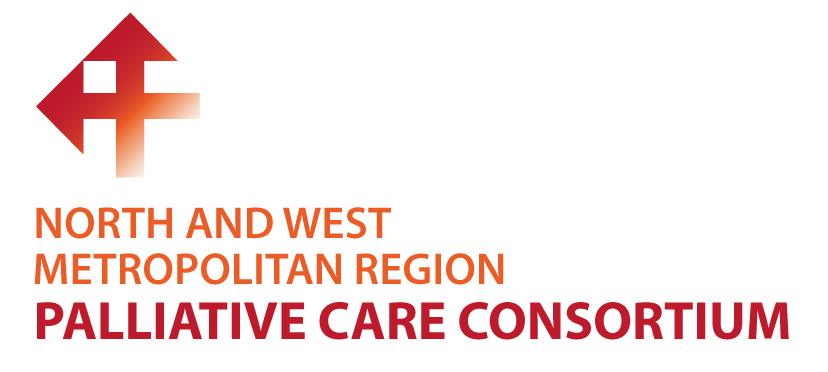Palliative Care Australia and National Palliative are Initiatives
Palliative Care Australia (PCA) is the national peak body for palliative care in Australia, with a stated mission to “influence, foster and promote the delivery of quality palliative care for all.”
The PCA website has a range of information for people living with a life-limiting illness, carers and health professionals.
The Australian Government Department of Health (DoH) website includes details about the National Palliative Care Strategy and nationally funded palliative care projects.
The Federal Department of Health (DoH) website outlines that the primary aim of the Greater Choice for At Home Palliative Care. Its aim is to improve coordination and integration of end-of-life care across primary, secondary, tertiary and community health service to support at home palliative care”. Funding is administered through Primary Health Networks (PHNs).
Australian Government Department of Health (section on Greater Choice for At Home Palliative Care)
CareSearch is an evidence palliative care based website funded by the Australian government. It includes information for health professionals, aged and other community services workers, academics, researchers and for people with a life limiting illness and their carers and family.
palliAGED is the palliative care evidence and practice information resource for the Australian aged care sector. Providing support for health and care practitioners as well as resource developers, the website also provides trustworthy information for older Australians their families and friends.
End-of-Life Essentials website provides online learning opportunities and practice resources for doctors, nurses and allied health professionals to improve the quality and safety of end-of-life care in hospitals. Education is based on the Australian Commission on Safety and Quality in Health Care’s National Consensus Statement: Essential elements for safe and high-quality end-of-life care. The education and resources align to the National Safety and Quality Health Service Standards, are free to use, evidence based and have been peer reviewed by doctors, nurses and allied health professionals around Australia.
The Palliative Care Outcomes Collaboration PCOC is a national program that utilises standardised clinical assessment tools to measure and benchmark patient outcomes in palliative care. Participation in PCOC is voluntary and can assist palliative care service providers to improve practice and meet the palliative care standards.
PCOC uses five clinical assessment tools to help identify and manage common symptoms and problems. The tools allow for the effectiveness of treatments to be evaluated and, importantly, they help patients, and their carers and families to communicate their needs.
The embedding of these tools into routine practice is core to PCOC. Every service that participates in PCOC has access to an education program and tailored improvement support. Services that use PCOC also have a common language. This supports quick, standardised and good communication between service providers.
The Program of Experience in the Palliative Approach (PEPA) forms part of the Palliative Care Education and Training Collaborative funded by the Australian Government. This Collaborative takes a strategic approach to education and training of the health workforce and delivers programs for priority health care provider groups across primary, secondary and tertiary settings. It aims to enhance the capacity of health professionals to deliver a palliative care approach through their participation in either clinical placements in specialist palliative care services or interactive workshops.
The Palliative Care Curriculum for Undergraduates (PCC4U) project aims to improve the skill and confidence of the health workforce to work with people with palliative care needs by promoting the integration of palliative care training within all health undergraduate, entry-to-practice, and relevant post-graduate curricula.
The PCC4U project is a national palliative care project funded by the Australian Government Department of Health.
The Quality of Care Collaborative Australia (QuoCCA) project delivers paediatric palliative care education to health professionals in urban, rural, regional and remote areas who may care for children and young people with palliative and end-of-life care needs.
The QuoCCA project education activities are funded by the Department of Health, Australia through the National Palliative Care Projects initiative. (2014-2017, 2017-2020).
PaCCSC is a national research network run by the Flinders University School of Medicine. PaCCSC aims to generate research evidence to support the use of medicines and other interventions at the end of life; and build capacity within the health workforce in the conduct of clinical research.
The AIHW’s palliative care data includes a range of national and state/territory statistics.
Carers Australia is the national peak body representing Australia’s unpaid carers, advocating on their behalf to influence policies and services at a national level.
Carers Australia advocates and lobbies on a wide range of issues that affect carers. They also manage the delivery of national programs, support and services for carers across Australia.
